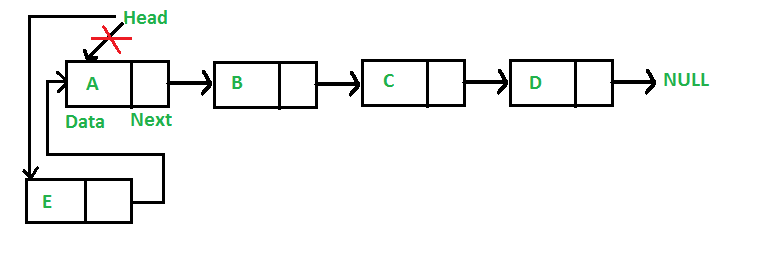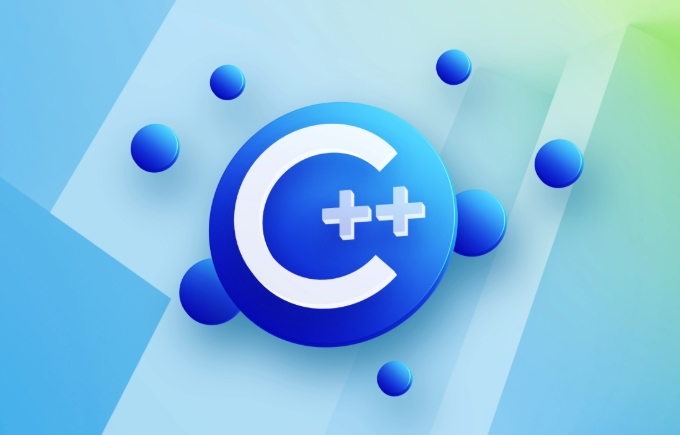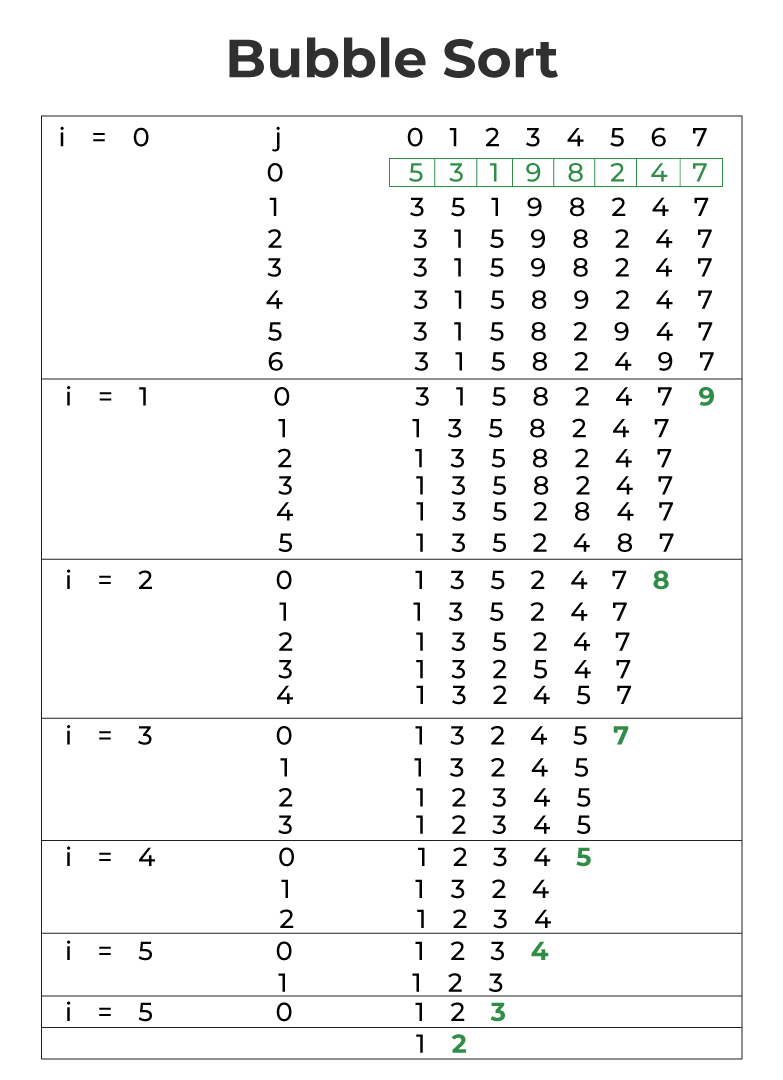Painstaking Lessons Of Tips About Will C++ Survive

C++ Program For Inserting A Node In Linked List
The Enduring Legacy of C++
1. A Deep Dive into C++'s Resilience
Let's be real, in the fast-paced world of technology, programming languages come and go like trendy coffee shops. One day everyone's buzzing about the latest framework, and the next, it's relegated to the dusty archives of "remember when?" So, the question, "Will C++ survive?" isn't just a casual query; it's a legitimate concern for developers, businesses, and anyone invested in the software landscape.
C++ isn't exactly the new kid on the block. It's more like that seasoned professor who's seen it all and still manages to drop knowledge bombs. Its roots go way back, and it has powered some of the most critical systems we rely on daily. But can it keep up with the shiny new languages promising simpler syntax and faster development?
Think about operating systems like Windows and macOS. A significant portion of their core is written in C++. Consider high-performance applications like video games or financial modeling software. C++ is often the language of choice when speed and efficiency are paramount. This isn't just nostalgia; there are very real, practical reasons why C++ remains relevant in these domains.
The secret to C++'s longevity? It's versatile. It's a powerful, low-level language that gives developers precise control over hardware resources. This is crucial for performance-critical applications where every millisecond counts. Plus, modern C++ standards have incorporated features that address some of the language's historical pain points, making it more accessible and user-friendly. And it's not just about the old guard holding on; many new projects are still being started with C++, especially where performance is king.

C++ Stories
C++ in the Age of Python and JavaScript
2. Navigating the Competitive Landscape
Okay, let's acknowledge the elephant in the room. Python and JavaScript have become incredibly popular, particularly for web development and data science. They're often touted as being easier to learn and faster to develop with. So, where does that leave C++? Is it destined to become a niche language used only by a select few?
The reality is that different languages have different strengths. Python excels at rapid prototyping and scripting, while JavaScript dominates the front-end web development scene. C++, on the other hand, shines in situations where performance and control are non-negotiable. Imagine trying to build a high-fidelity video game with Python. You could do it, but you'd likely run into performance bottlenecks pretty quickly. C++ gives you the granular control needed to optimize every aspect of the game, from rendering graphics to managing memory.
Furthermore, C++ isn't standing still. The language has evolved significantly over the years, with new standards introducing modern features and libraries that make it easier to write efficient and maintainable code. The standardization process ensures backward compatibility, allowing developers to leverage existing codebases while adopting newer techniques. This helps to keep the language relevant and competitive in the long run.
So, it's not about C++ versus Python or JavaScript. It's about choosing the right tool for the job. And in many cases, C++ remains the best choice for performance-critical applications and systems-level programming.

Dont Worry Bros, C++ Will Survive · ProgrammerHumor.io
The Role of C++ in Emerging Technologies
3. Adapting to the Future
Here's a thought: what about the future? Emerging technologies like artificial intelligence (AI), machine learning (ML), and the Internet of Things (IoT) are reshaping the world around us. Does C++ have a role to play in these areas? The answer is a resounding yes.
Many of the underlying libraries and frameworks used in AI and ML, such as TensorFlow and PyTorch, have core components written in C++. This allows for efficient execution of computationally intensive tasks, like training neural networks. While Python might be the language of choice for interacting with these frameworks at a higher level, C++ provides the performance backbone that makes them feasible.
In the realm of IoT, C++ is often used for developing embedded systems and firmware. These systems need to be highly efficient and reliable, as they often operate in resource-constrained environments. C++'s ability to directly access hardware and manage memory makes it well-suited for these applications.
Even as new programming paradigms and technologies emerge, C++ continues to adapt and find new applications. Its low-level control, performance, and extensive ecosystem of libraries and tools make it a valuable asset in a wide range of domains. This is not your grandpa's C++; modern C++ embraces new features and improvements to meet the changing demands of the industry.

HTML Live Editor Flawlessly Responsive Mobile Viewer Source Code
The C++ Community and Ecosystem
4. A Thriving Network of Support
A programming language is only as strong as its community. Fortunately, C++ boasts a large and active community of developers, educators, and companies that contribute to its continued development and support. This ecosystem provides a wealth of resources for developers of all skill levels, from online forums and tutorials to conferences and workshops.
The C++ Standard Committee plays a crucial role in shaping the future of the language. They meet regularly to discuss and approve new features and improvements, ensuring that C++ remains modern and relevant. This process is driven by the needs of the community and the desire to address the challenges of contemporary software development. The ongoing work of the C++ committee will ensure the will C++ survive question answers are yes.
Furthermore, there are numerous open-source libraries and frameworks available for C++, covering a wide range of domains. These libraries can save developers significant time and effort, allowing them to focus on solving specific problems rather than reinventing the wheel. The Boost C++ Libraries, for example, provide a collection of high-quality, peer-reviewed libraries that extend the capabilities of the standard library.
The strong community support and rich ecosystem are vital to C++'s long-term viability. They ensure that developers have the resources they need to learn, develop, and maintain C++ code, and that the language continues to evolve to meet the changing needs of the industry.

C中的const關鍵字是什麼?如何使用?C++PHP中文網
The Future of C++
5. Looking Ahead
So, what does the future hold for C++? While it's impossible to predict the future with certainty, several trends suggest that C++ will remain a relevant and valuable language for years to come. The demand for performance-critical applications is unlikely to diminish, and C++ is well-positioned to meet that demand.
The continued evolution of the language, with new standards introducing modern features and improvements, will also help to keep C++ competitive. The C++ Standard Committee is actively working on addressing some of the language's historical pain points, such as memory management, and making it easier to write safe and efficient code.
It's also likely that C++ will continue to play a significant role in emerging technologies like AI, ML, and IoT. As these technologies become more pervasive, the need for efficient and reliable software will only increase, and C++ is well-suited to meet that need. The idea on will C++ survive is not just a question, it is more to see how far it will goes.
Ultimately, the future of C++ depends on the continued efforts of the community to maintain, evolve, and promote the language. But based on its track record and the ongoing demand for its capabilities, it seems safe to say that C++ will be around for quite some time. It might not always be the trendiest language, but it will continue to be a powerful and reliable tool for building the software that powers our world.
